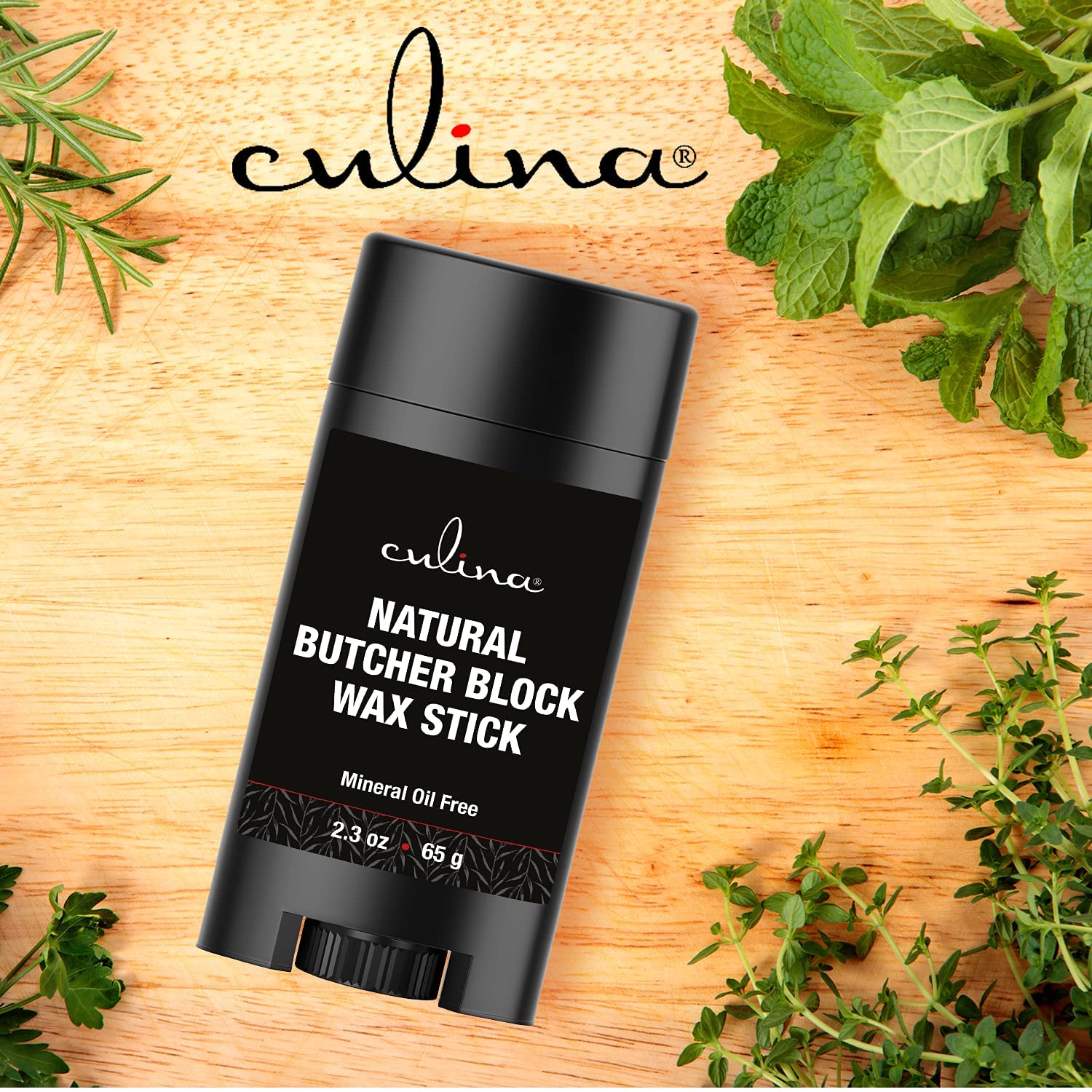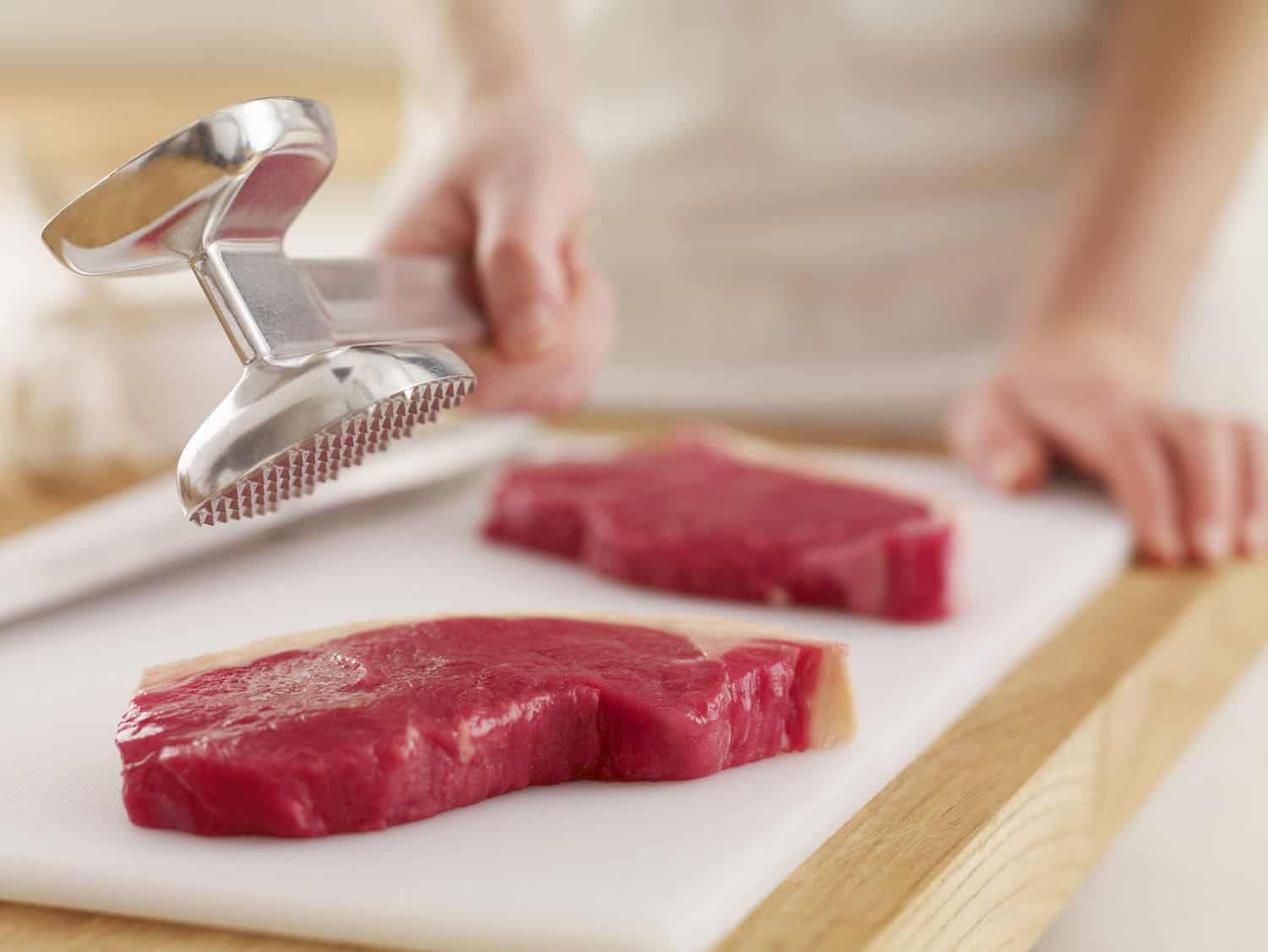For many, the enjoyment of cooking is derived from making mouth-watering and juicy dishes that everyone will love. Amongst the array of culinary skills, knowing what to use as a meat tenderizer is crucial, especially for chicken lovers. Tenderizing meat can transform a tough piece of chicken into a delightful and succulent dish. This guide will explore various tried-and-true methods and tools that you can use to achieve this culinary magic.

Why Tenderizing Meat Matters
The primary purpose of tenderizing meat is to break down the tough muscle fibers and connective tissues, making the meat more palatable. This is particularly crucial for chicken, which can often be tough if not adequately prepared. Whether you are cooking chicken drumsticks, spatchcock chicken on a charcoal grill, or preparing chicken liver in an air fryer, tenderizing is a step that should not be overlooked.
Physical Methods of Tenderizing Meat
There are several physical methods you can use to tenderize your meat:
- Meat Mallet: A meat mallet is a traditional and effective tool for breaking down muscle fibers. You can find these at most kitchen supply stores.
- Fork: Poking holes in the meat with a fork can help marinate and tenderize the chicken by allowing the marinade to penetrate deeper.
- Rolling Pin: If you don’t have a meat mallet, a rolling pin can be used to pound the chicken to the desired tenderness.

Chemical Methods of Tenderizing Meat
Chemical tenderizers use enzymes or acids to break down meat fibers:
- Pineapple Juice: Pineapple juice contains bromelain, an enzyme that can tenderize meat effectively.
- Vinegar: The acetic acid in vinegar breaks down muscle fibers, making chicken tender. Balsamic vinegar or apple cider vinegar works well.
- Yogurt: The lactic acid in yogurt can tenderize meat and add flavor at the same time.
Marinating for Tenderness
Marinating is an excellent way to tenderize chicken. A good marinade can enhance the flavor and juiciness of the meat. Here’s how:
- Lemon Juice: The citric acid in lemon juice can break down the fibers and add a zesty flavor.
- Wine: Both red and white wine contain acids and tannins that can tenderize meat.
- Buttermilk: Buttermilk’s acidity helps soften the meat while providing a rich, creamy flavor.

Commercial Meat Tenderizers
If you prefer convenience, commercial meat tenderizers can be a great option. These are typically enzyme-based powders that you sprinkle on the meat before cooking. Look for products that contain natural enzymes like papain (from papaya) or bromelain (from pineapple).
Using Salt and Baking Soda
Salt and baking soda are pantry staples that can be used to tenderize meat:
- Salt: Rub salt into the meat and let it sit for at least 15 minutes. The salt helps break down the protein structures.
- Baking Soda: Baking soda raises the pH level on the meat’s surface, making it more tender. Use it sparingly and rinse the meat well before cooking.
Slow Cooking for Natural Tenderness
Slow cooking is an excellent way to naturally tenderize chicken. The prolonged cooking time at a low temperature allows the connective tissues to break down slowly, making the meat incredibly tender. Consider using this method when making dishes like chicken stew or braised chicken.
Pressure Cooking for Instant Results
If you’re short on time, a pressure cooker can yield tender meat in a fraction of the time. The high pressure and steam break down tough fibers quickly, making your chicken juicy and tender.
Common Mistakes to Avoid
Avoid these common mistakes to ensure your meat is tender every time:
- Over-tenderizing: It can lead to a mushy texture.
- Using too much acid: Acids can actually make the meat tougher if used excessively.
- Not allowing marination time: Marinating for less than the recommended time can result in under-tenderized meat.
FAQs on What to Use as a Meat Tenderizer
- Q: Can I use a fork to tenderize chicken?
A: Yes, you can use a fork to poke holes in the chicken, which helps marinades penetrate more deeply. - Q: Is there a natural tenderizer?
A: Yes, natural tenderizers include ingredients like pineapple juice, vinegar, and yogurt. - Q: How long should I marinate chicken for tenderness?
A: Generally, marinating for at least 30 minutes to 24 hours is sufficient for tenderizing.
For more tips on preparing chicken, visit these links on cooking chicken drumsticks in air fryer cooking tips, spatchcock chicken on charcoal grill charcoal grill, and chicken leg quarters in air fryer air fryer recipes.
If you’re interested in commercial meat tenderizers, check out this link on meat tenderizer.
As an Amazon Associate, I earn from qualifying purchases.








